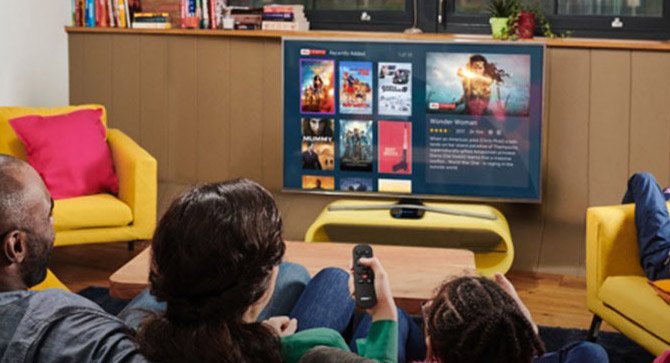Thinking About SOPA and PIPA
SOPA. PIPA. These two acronyms were very much in the news last week. SOPA stands for Stop Online Piracy Act and PIPA stands for Protect IP Act. Both of these bills were postponed on January 20. While you may have read about SOPA and PIPA and likely listened to pundits discussing the pros and cons of both bills, you might not really understand the depth of these proposed bills and what they really mean for the Internet and online media and entertainment companies.
At the most basic, these two bills were focused on putting an end to Internet piracy of intellectual property. The method behind these bills was to implement severe sanctions against any website on which such intellectual property was posted – even if this was done via a comment or other type of link by a visitor to the website. The issue with these bills for companies such as Google, Wikipedia, Reddit, YouTube, Facebook, Dropbox, and others is that the wording was too broad and could result in sanctions that actually have nothing to do with online piracy and copyright infringement.
An owner of a website that allows users to post comments or a link to a video, could be sanctioned – shut-down and prosecuted. Even though the owner has no control over what visitors post – the owner could have still been prosecuted when a visitor posts a link to a copyrighted video or magazine article. To take things further the sanctions would result in the blocking of the website from search engines and in turn websites that link to the infringing website would also be sanctioned.
What this all translates to according to Wikipedia, Google, eBay, LinkedIn, Yahoo!, AOL and other major Internet companies/websites is an infringement on free speech. Website visitors would no longer be permitted to comment, link, and engage in the social aspects that have enabled the growth of the Internet.
Beyond the issue of free speech, which is central to the nature of the Internet, are the impacts these two bills could have had on eCommerce and mCommerce. Think about what would happen if a website that you advertised on was blocked – this would mean that these ads were no longer visible – resulting in lost revenue. So with these bills in effect, those against them argued that eventually companies would simply stop investing in the Internet – putting an end to online ad revenues, pay-for-use websites, magazine subscriptions, download subscriptions, and even venture capital investment.
It goes without saying that online piracy and copyright infringement are major issues for media and entertainment companies. Production houses are impacted each time a movie or television program is downloaded – rather than being paid for with a subscription or paywall system. Online entertainment companies have spent large sums of money on developing secure and proven websites and payment solutions that provide confidence to users. But it can be a challenge to expect users to pay for this content when with the use of a search engine and torrent websites, the same content can be found for free – and without the ads.
It is for these reasons, that many media and entertainment companies were proponents of SOPA and PIPA. But with the broad wording of these bills, in the end – everyone working on the Internet would be impacted right where it counts – at the bottom line. Because online revenue is dependent on ad revenue, links in search engines, click-throughs, and word-of-mouth (i.e. posting a comment on a website that encourages a reader to click an ad or the posting of a video on Facebook that results in a viewer to follow-up with an online purchase) – SOPA and PIPA in the end would not have benefited the online media and entertainment industries.
The question now is: what to do next? Free speech is critical to the Internet. But copyright laws must be respected and online piracy needs to be stopped. There is no cut and dried answer to this situation – the good that SOPA and PIPA have done is raise awareness of the issues. It should be highlighted that SOPA and PIPA are not “dead” rather they have been postponed – expect a revisiting of these two bills with amendments to the wording.
With this in mind, it is worth considering this statement from Wikipedia on SOPA and PIPA, “SOPA and PIPA would put the burden on website owners to police user-contributed material and call for the unnecessary blocking of entire sites. Small sites won’t have sufficient resources to defend themselves. Big media companies may seek to cut off funding sources for their foreign competitors, even if copyright isn’t being infringed. Some foreign sites would be prevented from showing up in major search engines. And SOPA and PIPA build a framework for future restrictions and suppression.”
 us
us 






 Posted by MPP Global on
Posted by MPP Global on


